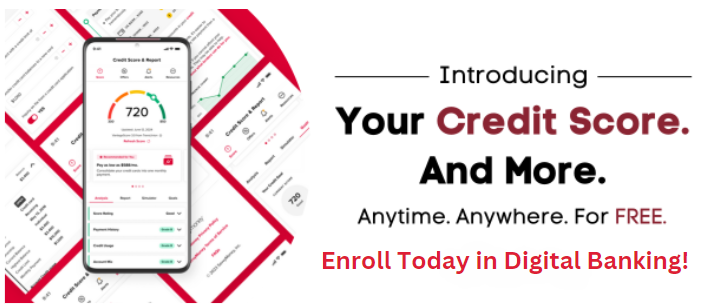Do you Know Your Credit Score and What it Means?
It’s true, we can get a little obsessed with our credit score. As it turns out we may not know as much about our scores as we should. Here’s a guide to some truths surrounding credit scores and what it means.
There are three main credit bureaus (Equifax, TransUnion, and Experian) each with credit scores based on the data in their credit reports. FICO uses the data from the bureaus to generate your FICO score. You may have another credit score known as a VantageScore. VantageScore was developed by the three bureaus as an alternative to FICO and is used by many lenders and financial institutions as part of their lending process.
Many large credit card issuers have developed their own customized scoring models with a combination of scores and criteria. It’s important to understand that the score you get from a credit card company, or a credit monitoring tool may vary slightly.
Your Score WiIl Impact Your Loan Rate
Credit reports and score data help lenders assess risk. The higher the score, the lower the risk or likelihood of delinquent payments. The lower the score, the higher the likelihood of potential delinquency. This is used to set the terms of an account, such as the interest rate.
Your Score Impacts Other Areas of Financial Life
Most people know that mortgage lenders and credit card companies use their scores to assess creditworthiness. But you may not realize that some landlords, utility, and even cellphone companies may use your scores to determine your monthly fee, activation charges or whether or not to do business with you at all.
A Bad Score is Not a Reason to Panic
It’s not the end of the world if your score is low. With some work, your score can improve over time. And if you need a loan now, you can compensate for having a low score by increasing your down payment on your monthly loans like a car payment or mortgage.
Boosting Your Credit Doesn’t Take Forever
If you’re actively working to improve your score, it won’t take that long. A few tips to assist you in increasing your Credit Score include; pay on time consistently, lower your credit utilization, apply for new credit sparingly, do not close old paid-off credit accounts, review your credit report regularly for accuracy and dispute credit report inaccuracies immediately.
Credit Union of Georgia offers a free Credit Score tool within Digital Banking. You have instant access to your credit score, credit report, personalized money-saving offers, and financial education tips on how to improve your score or maintain an already great score. Just login to Digital Banking to get started today!










